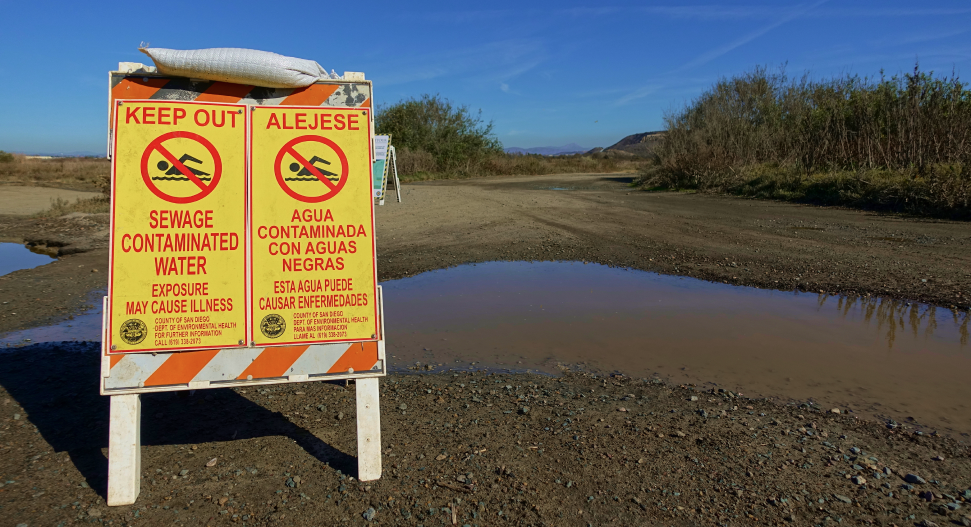
Developing an accessible framework to monitor antibiotic-resistant bacteria in watersheds and coastal waters
The rapid emergence of antibiotic resistance is a pressing issue that leads to hundreds of thousands of lives lost per year. Antibiotic resistance arises when bacteria evolve to build up…
The rapid emergence of antibiotic resistance is a pressing issue that leads to hundreds of thousands of lives lost per year. Antibiotic resistance arises when bacteria evolve to build up a tolerance to antibiotics administered to people and animals for disease prevention, treatment, or growth enhancement. Antibiotic resistant bacteria (ARB), along with their associated antibiotic resistance genes (ARGs) become more problematic to address and treat when they contaminate the environment, especially water sources, resulting in further spread of antibiotic resistance. Water bodies accumulate ARB from a number of sources, including agricultural runoff and hospital wastewaters. Water can then act as a ‘pool’ of residual ARGs that can be horizontally transferred to other bacteria. Bacterial evolution and acquisition of ARGs is so rapid and widespread that modern antibiotic development cannot keep pace. People unwittingly interact with water containing ARB and ARGs, and are then susceptible to contracting deadly and persistent illnesses.
Measurement of antibiotic resistance in the environment is not standardized and consists largely of a patchwork of methods. In collaboration with the Jay Lab at UCLA and WILDCOAST, our team seeks to provide cross validation between three antibiotic resistance monitoring approaches: culture-based, qPCR-based, and metagenomic-based. First, we will sample fecal pollution data in impaired coastal waters to establish a standard measurement framework, which will be applied to study water quality and antibiotic resistance at the Tijuana River Watershed, a highly contaminated waterway that straddles the U.S. – Mexico border and is primarily impacted by improperly treated sewage. This watershed is a location of primary concern due to the heavy influx of pollution and runoff which feeds into public recreational beaches. The study will use Escherichia coli (E. Coli) as an appropriate water quality indicator to monitor antibiotic resistance in the environment, due to its presence in fecal matter. Our project will evaluate a globally accessible and affordable method for monitoring and quantifying antibiotic resistance in our precious coastal and marine ecosystems.
Student Team: Ofelia Garcia Prado, Yuhui Zhang, Drew Ferketic, Taylor Cason, Anastasia Yulo, Sana Nagori, Julie Yang, and Brianna Kramer
Client: WILDCOAST
Advisor: Karina Jimenez and Dr. Jennifer Jay
